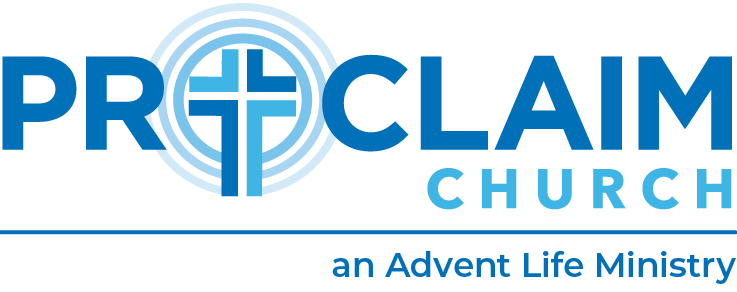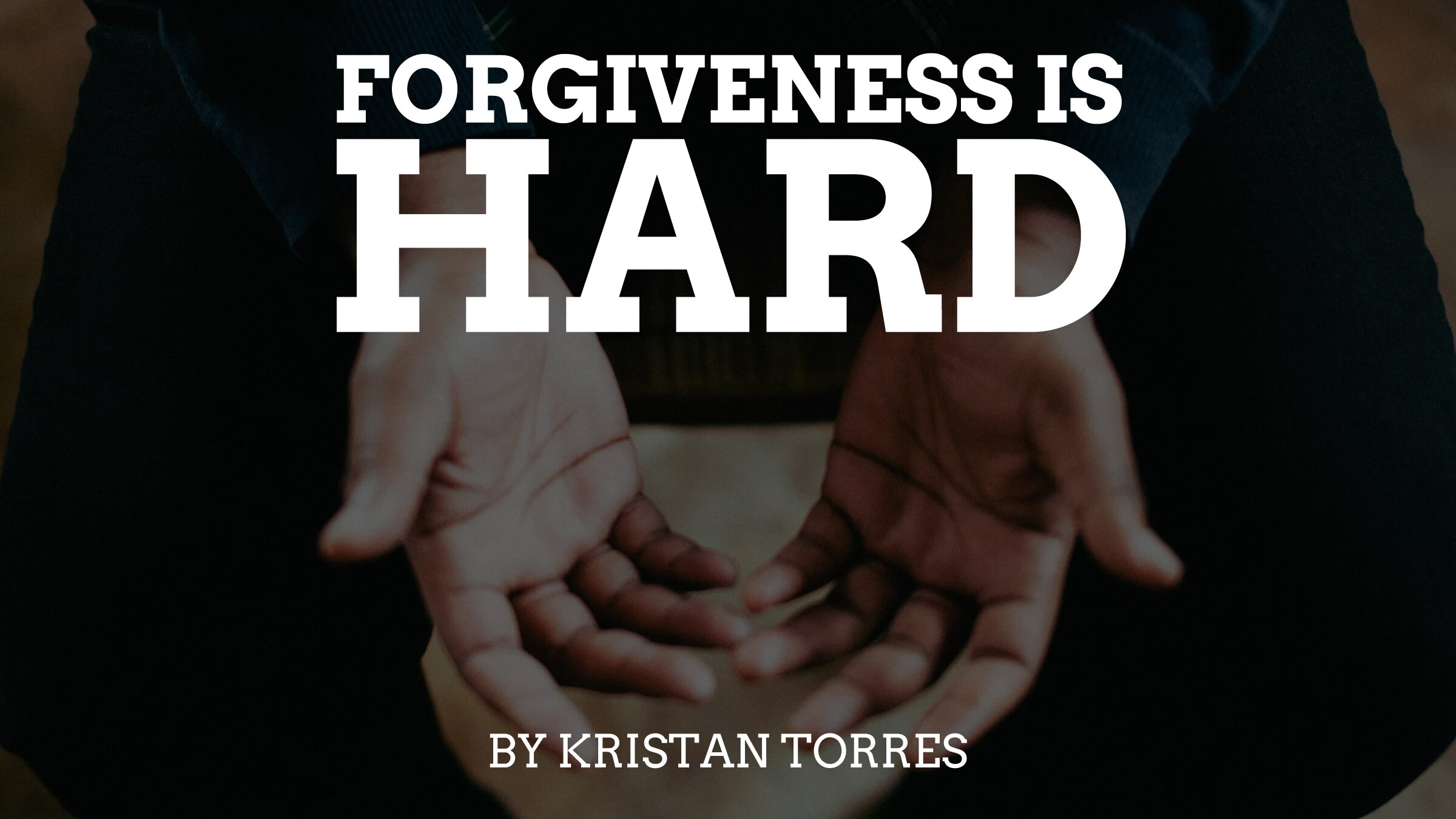One of the first and most important things I was told upon becoming a Christian was that Scripture never contradicts Scripture, rather Scripture confirms Scripture. So, if I am reading a verse and find another verse that seems to say something different, it means that I need to study further to understand the context in which the verses were written.
Believing the Bible to be inerrant (without error), it will become clear, and it will be revealed that there’s no contradiction, once you understand the full context, and the original language used. I firmly believe this.
How does this apply to a study on forgiveness in the Psalms? Well, we’re going to visit the Psalms and another book in the Bible to illuminate this topic.
We’ll start in Psalm 103:8-12:
8The Lord is compassionate and gracious,
slow to anger, abounding in love.
9He will not always accuse,
nor will he harbor his anger forever;
10he does not treat us as our sins deserve
or repay us according to our iniquities.
11For as high as the heavens are above the earth,
so great is his love for those who fear him;
12as far as the east is from the west,
so far has he removed our transgressions from us.
David, in this Psalm, describes the character and attitude of God toward us, a sinful people. I would argue that here we have found a description of what our attitude is to be toward those who sin against us. And what is embedded in here is a glorious description of forgiveness.
Let’s next visit Colossians 3:13:
13bearing with one another and, if one has a complaint against another, forgiving each other; as the Lord has forgiven you, so you also must forgive.
In this verse, the Apostle Paul describes how we are to forgive one another, “as the Lord has forgiven you”. So, when we put these verses from Psalms and Colossians together, a more complete picture comes together of what forgiveness looks like.
While we know the answer when we are wronged is to forgive, how do we go about doing it? It’s a process. As much in this life is.
There are some things we may easily forgive, and even forget – like a stolen parking place. But for other things, particularly instances of abuse or other deep transgression, we may struggle to forgive.
But as with most trials in life, I believe this is to draw us closer to the Lord. After all, if it were easy to forgive, I wouldn’t likely be writing about it.
Particularly for deep wounds, there can be layers of forgiveness we have to go through. We may have to talk about it, pray about it, and write about it again and again. It may come up again in our hearts, in a different time or season, where we will need to go to the Lord again with it. Or it may not; each situation is unique.
But this isn’t just always with deep wounds. Sometimes we take the “small” transgressions, like the stolen parking space I spoke about before, and we stack them up within our hearts and minds.
We begin to keep a record of things done to us. You see this in relationships – where husbands and wives can recount each and every hurtful word or deed that was done by their partner.
And then one day we take that list and we use it to justify a complete blow up or melt down; which can show up in arguments or even divorce papers. But can we consider that maybe the list of wrongs doesn’t have to become a mile long before we do something about it? Maybe that’s the point of forgiving, and keeping a short record (or no record) of wrongs?
If we are to forgive “as the Lord has forgiven you”, then we should not treat one another “as our sins deserve.”
If you’re struggling to forgive someone, or many people, or maybe even yourself, I encourage you to pray for God’s help. Pray to be able to forgive as Paul instructed in Colossians above. Reach out to a trusted pastor or therapist if you find yourself stuck. We are here to help.

